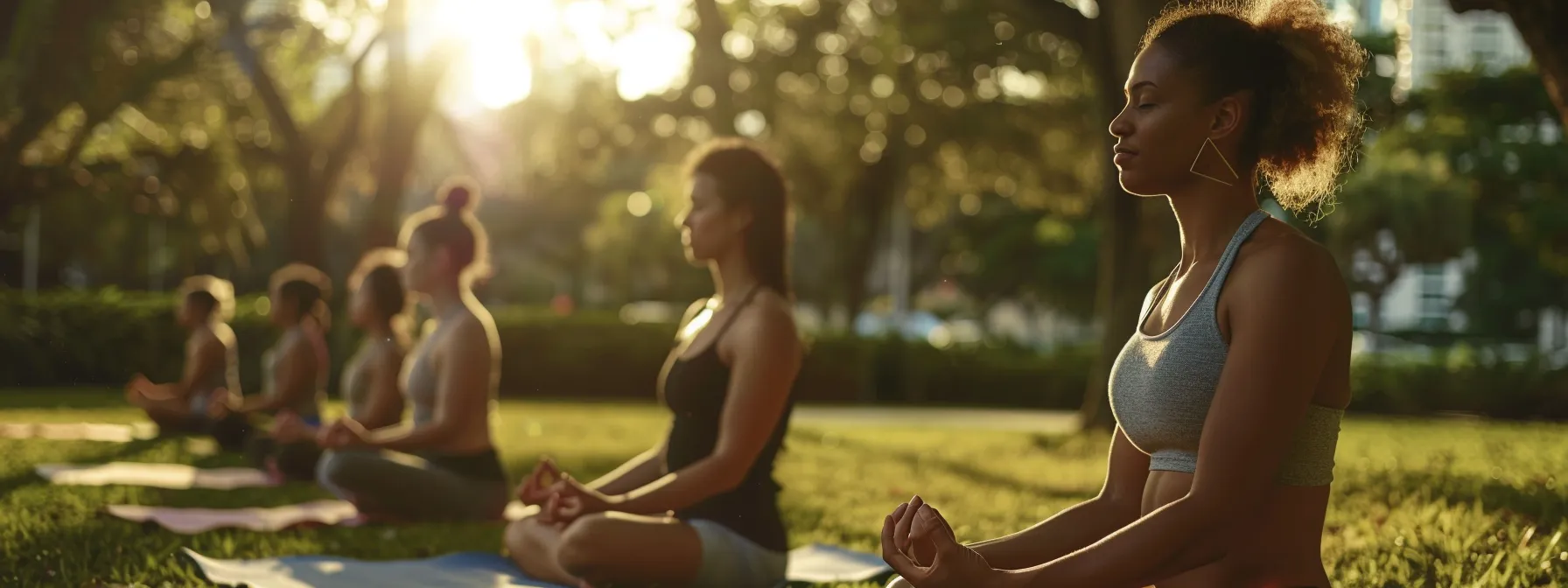Hobbies offer a sanctuary of peace and enjoyment, which play a crucial role in managing stress and bringing balance into our lives. From knitting to fly fishing, the act of engaging in leisure activities is both therapeutic and a great way to pass the time. Here, we explore how hobbies can help reduce stress and improve our overall well-being, which provides a much-needed counterbalance to the demands of daily life.
The Science Behind Hobbies and Stress Reduction
When we immerse ourselves in hobbies, our brains experience a state of flow—a deeply engrossing moment where we lose track of time and our worries temporarily fade away. This psychological phenomenon is characterized by intense concentration, during which the stress hormone cortisol is reduced, and the brain releases neurotransmitters like dopamine, contributing to feelings of happiness and well-being.
Neuroscientific research suggests that engaging in hobbies stimulates the reward pathway in the brain, resulting in a natural boost in mood and lower stress levels. As we strive for mastery in a hobby, the incremental achievement and skill development promote self-efficacy and confidence, which buffer us against the impact of stress.
For those seeking the privacy and focus needed for certain creative hobbies, designated music practice rooms provide an ideal environment. The solitude and structure of a practice room can further enhance the stress reduction benefits of the hobby by eliminating distractions and creating an atmosphere conducive to concentration and relaxation.
Creative Pursuits for Mindful Relaxation

Creative activities are especially adept at reducing stress because they often involve artistic expression that allows us to process and communicate emotions nonverbally. Whether it’s writing, painting, or crafting, these activities enable individuals to explore and reflect on their feelings, leading to a cathartic release.
Partaking in art can be particularly soothing, offering a sensory experience that fully engages the artist. The tactile nature of molding clay or the visual stimulation of vibrant watercolors captures attention, drawing it away from stressors and towards the act of creation which is inherently relaxing.
Furthermore, creative hobbies often result in a tangible product, such as a piece of artwork or a written story, providing a sense of accomplishment that bolsters self-esteem. This, in turn, can diminish feelings of stress, as one’s energy is directed toward positive and rewarding endeavors.
Different crafts require different materials and having the right tools can enhance the experience. For instance, fly fishing enthusiasts find solace in the meticulousness of tying their own flies with specialized fly tying materials. Detail-oriented hobbies that involve small materials like hooks, feathers, and beads can help people enter a mindful state that allows a break from the daily grind.
Balancing a Busy Lifestyle With Leisure Activities

The modern adult juggles a variety of responsibilities, from career demands to family obligations. Finding time for hobbies might seem challenging, yet it is precisely the busy individual who stands to benefit the most from the stress-relieving aspects of leisure activities. Allocating time for hobbies can serve as an effective counterbalance, rejuvenating the mind and body.
Contrary to popular belief, engaging in hobbies doesn’t equate to being unproductive. In fact, these activities replenish one’s mental resources, enhancing problem-solving abilities and creativity when returning to work-related tasks. Leisure time isn’t lost time; it’s an investment in greater productivity and stress management.
Physical Hobbies To Engage Body and Mind

Physical hobbies, such as running, yoga, or dance, offer the dual benefit of providing a workout for the body and a respite for the mind. As we engage in physical activity, our bodies release endorphins, known as the “feel-good” hormones, which can combat stress effectively.
These active pursuits not only improve physical health but also promote better sleep, which is essential for stress management. After participating in physical hobbies, many people report a significant improvement in the quality of their sleep, further aiding in recovery and stress relief.
The rhythmic nature of activities like swimming or cycling provides a meditative effect, centering the hobbyist’s mind and fostering a sense of inner peace. An active hobby can also be an effective way to break the cycle of chronic stress by reallocating the body’s energy and focus.
Overall, hobbies offer a diverse range of benefits that contribute to stress reduction and enhanced well-being. They create a space for mental rest, skill development, and self-expression that counteracts the stressors of modern life. By incorporating hobbies into our routines, we can build resilience against stress, enrich our lives with joyful experiences, and maintain a healthier, more balanced outlook on life.





